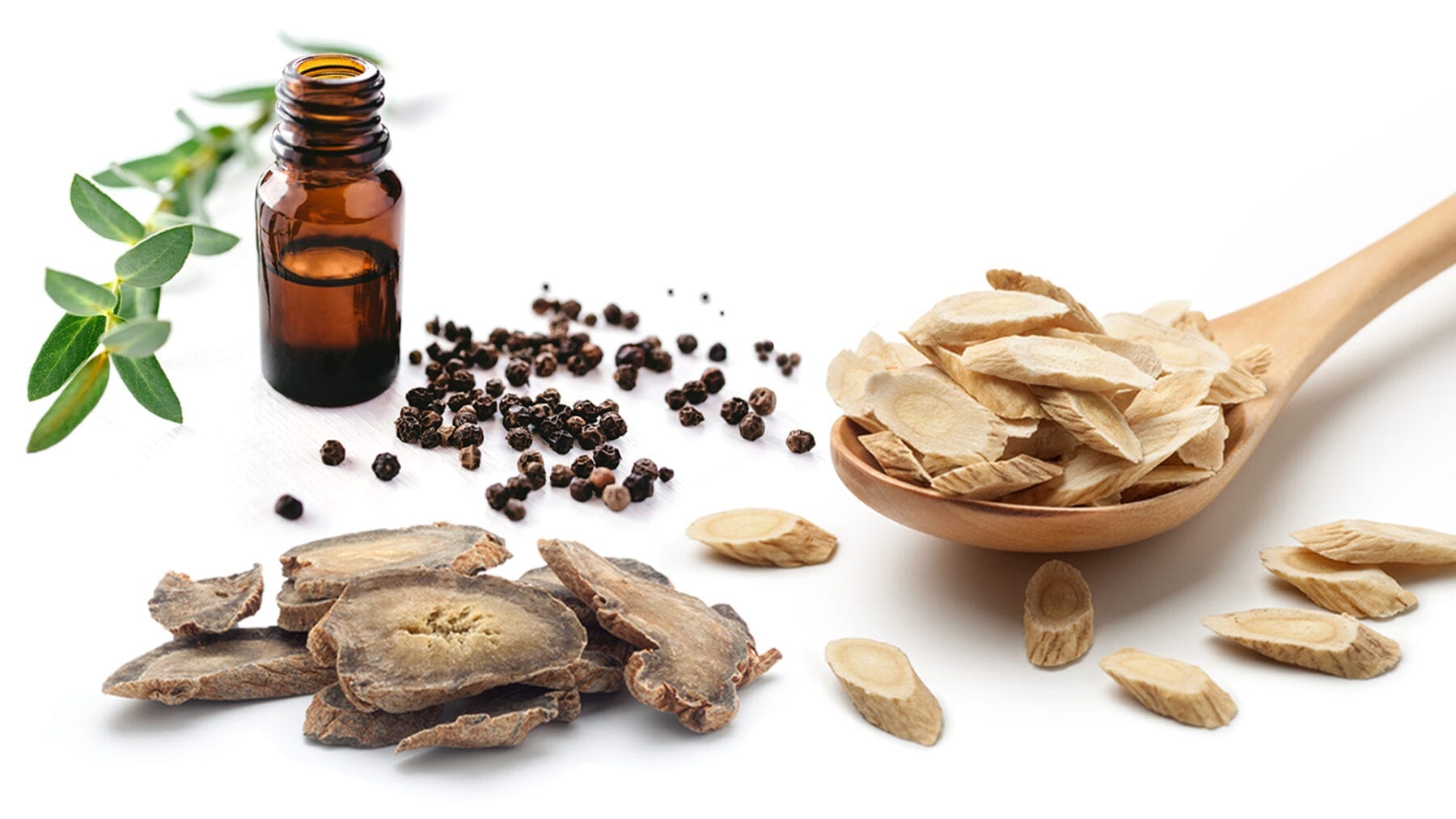
Written by Dr. Hamad Shafqat
Medical Officer (MO)
November 18, 2020
CATEGORIES
View All
BioWOW Foods® Safety/Quality
Full-Body Workouts
Healthy Eating
Joint Health
Self-Care Strategies
Supplements Guide
Featured Videos
Do you often wonder how to tuck in a distended stomach? Who doesn’t want a flat belly for perfectly fitted outfits? The sad truth is, with a bloated and distended tummy, it’s very difficult to get the flat stomach of your dreams. Extra stomach fat is not the point of concern here; instead, we will talk about the gas in the stomach that causes all the trouble. All of us have suffered from severe bloating at some point (sodas and spicy snacks only add to the problem).
Not only is bloating and stomach gases unattractive, but it is also a source of persistent discomfort. People suffering from severe bloating can experience serious stomach or chest pain, which is sometimes confused with acute heart problems. However, bloating and stomach distention is not a very complicated condition, and you can follow some simple medical advice to get rid of this condition very easily!
5 Foods That Can Reduce Bloating and Improve Gut Health
1. Yogurt
Yogurt is made by the fermentation of milk in the presence of lactic acid bacteria at a warm temperature. It is part of the dairy family and offers healthy bacteria for the human body. Studies have shown that these gut-friendly bacteria called probiotics present in the digestive tract can reduce bloating, improve digestion, and favor a healthy gut. [1] [2]
You can use fresh yogurt or even packaged ones at your local supermarket. However, when buying packaged yogurt, make sure to look for the label ‘active and live cultures’ to ensure the presence of probiotics in that product.
2. Fennel
Fennel seeds are used for adding flavor to the food. The antispasmodic agent present in fennel causes smooth-muscle relaxation in the gut, which can alleviate symptoms like cramps, bloating, and flatulence. [3]
3. Ginger Root
Ginger root extract has long been used for various medicinal purposes, including improving digestion and preventing nausea. Ginger root has proven to reduce stomach discomfort and bloating. It plays a key role in enhancing gastric emptying. [4] [5]
4. Papaya
This orange-colored tropical fruit, papaya, is best known for containing a digestive enzyme called papain. This enzyme helps aid digestion by breaking down protein fibers in the food. [6] What else? Papain can also help soothe constipation and bloating symptoms, including those of irritable bowel syndrome (IBS). [7]
5. Peppermint
Widely grown around the world, peppermint is part of the genus Mentha. Peppermint can easily be grown in small pots at home. Peppermint essential oil, obtained from peppermint leaves, possesses unique characteristics that can relieve digestive problems.
The compound called menthol, found in peppermint oil, can help relieve symptoms such as bloating, stomach discomfort, and bowel movement disturbances [8] [9]
The peppermint oil appears to have anti-inflammatory properties as well; this means that it can relax your digestive tract muscles and improve digestion. It is also known to enhance gut motility, thereby enhancing the digestion process. You can use peppermint leaves in your yogurt or salads. You may add it to hot water and consume it as a drink or tea.
The Bottom Line
These foods are associated with various health benefits, including reducing inflammation, fighting harmful bacteria, soothing osteoarthritis pain, easing bloating, and improving gut health. They can be eaten fresh or consumed as 100% standardized extracts to reap maximum benefits.
However, if you have a serious medical condition like Irritable Bowel Syndrome (IBS), Gastroesophageal Reflux Disease (GERD), Crohn’s Disease, etc., seek immediate help from your healthcare provider for prompt medical treatment.
At BioWOW, our mission is to help people live healthier & happier lives by creating industry-leading all-natural products and cutting-edge health content. Visit our online store for a complete list of our 100% standardized all-natural medically researched supplements for boosting your health.
References:
1.) Kechagia M, Basoulis D, Konstantopoulou S, et al. Health Benefits of Probiotics: A Review. ISRN Nutr. 2013; 2013:481651. Published 2013 Jan 2. doi:10.5402/2013/481651
2.) Guarner F, Perdigon G, Corthier G, Salminen S, Koletzko B, Morelli L. Should Yoghurt Cultures Be Considered Probiotic? Br J Nutr. 2005;93(6):783-786. doi:10.1079/bjn20051428
3.) Valussi, Marco. (2012). Functional Foods with Digestion-Enhancing Properties. International Journal of Food Sciences and Nutrition. 63 Suppl 1. 82-9. 10.3109/09637486.2011.627841.
4.) Wu KL, Rayner CK, Chuah SK, et al. Effects of Ginger on Gastric Emptying and Motility in Healthy Humans. Eur J Gastroenterol Hepatol. 2008;20(5):436-440. doi:10.1097/MEG.0b013e3282f4b224
5.) Hu ML, Rayner CK, Wu KL, et al. Effect of Ginger on Gastric Motility and Symptoms of Functional Dyspepsia. World J Gastroenterol. 2011;17(1):105-110. doi:10.3748/wjg.v17.i1.105
6.) Stremnitzer C, Manzano-Szalai K, Willensdorfer A, et al. Papain Degrades Tight Junction Proteins of Human Keratinocytes In Vitro and Sensitizes C57BL/6 Mice via the Skin Independent of its Enzymatic Activity or TLR4 Activation. J Invest Dermatol. 2015;135(7):1790-1800. doi:10.1038/jid.2015.58
7.) Muss C, Mosgoeller W, Endler T. Papaya preparation (Caricol®) in digestive disorders. Neuro Endocrinol Lett. 2013;34(1):38-46.
8.) Cash BD, Epstein MS, Shah SM. A Novel Delivery System of Peppermint Oil Is an Effective Therapy for Irritable Bowel Syndrome Symptoms. Dig Dis Sci. 2016;61(2):560-571. doi:10.1007/s10620-015-3858-7
9.) Khanna R, MacDonald JK, Levesque BG. Peppermint Oil for The Treatment of Irritable Bowel Syndrome: A Systematic Review and Meta-Analysis. Journal of Clinical Gastroenterology. 2014 Jul;48(6):505-512. DOI: 10.1097/mcg.0b013e3182a88357.

Written by Dr. Callista Chinenye Emecheta
Medical Doctor (MD)



